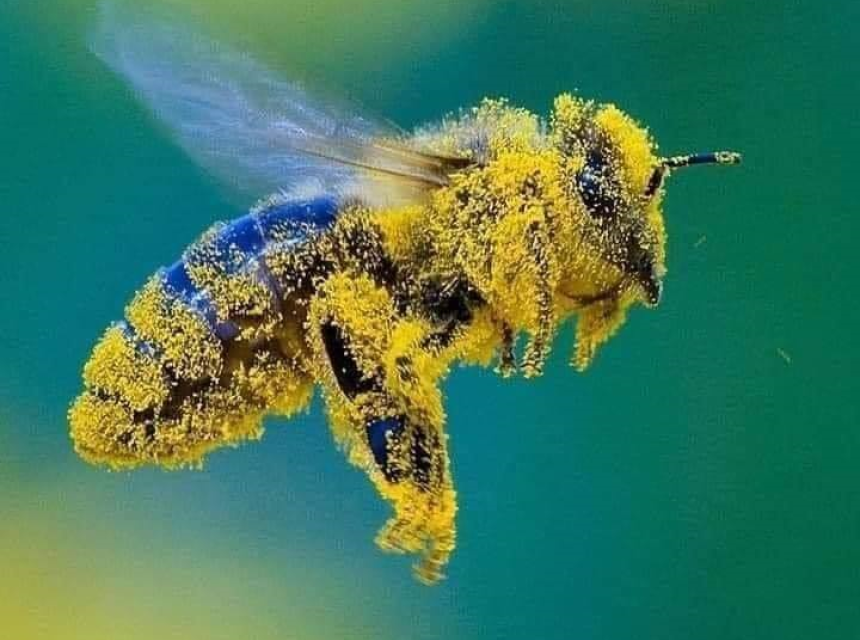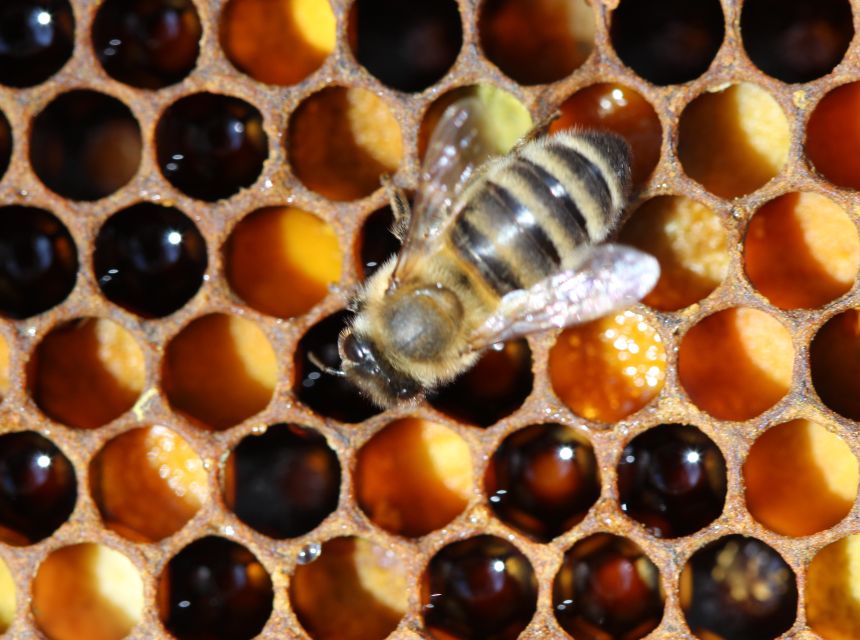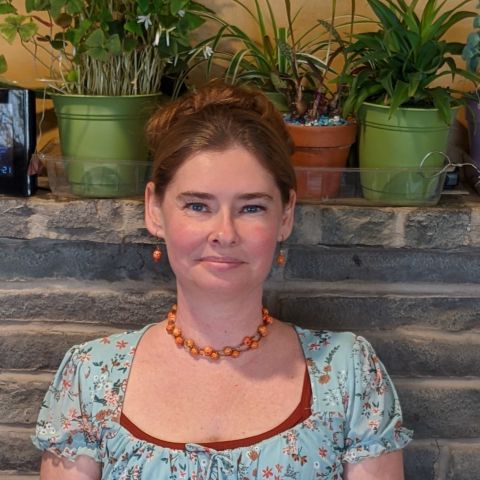
Services for Beekeepers

Plant Identification in Honey and Pollen Samples
$82.77 per sample for PSU affiliates (PSU students, faculty, staff, alumni)
$131.11 per sample for others (non-PSU clients)
Using a technique called pollen metabarcoding, DNA from pollen is extracted from a sample and used to identify, at the genus level, which plants are present in a sample, AND the proportion each contributes to the total amount of plant DNA in the sample.
For example: A report would list the plants by providing the scientific name and the common name: Acer/Maple, Trifolium/Clover, Helianthus/Sunflower and the percentage each is present: Maple 30% Clover 60% & Sunflower 10%.
FAQs - Plant Identification
Spotted Lanternfly (SLF) Detection in Honey
$20.42 per sample for PSU affiliates (students, faculty, staff, alumni)
$32.25 per sample for others (non-PSU client)
In areas where Spotted Lanternfly (SLF) is present, honey bees can collect SLF honeydew, which imparts certain characteristics to the resulting honey. Because of this and other factors, many beekeepers are interested in having their honey tested for SLF. To support this effort, the Grozinger Lab has successfully modified a method (Lockwood lab at Rutgers) to detect SLF DNA in honey samples & are excited to offer this service to interested beekeepers.
FAQs - Spotted Lanternfly Detection- Contact Dr. Michele Mansfield for more specific questions about pricing and for discounts on bulk sample submission, either as an individual or as a group for beekeeper groups and clubs.
- Upon receiving your sample(s), you will receive and invoice from the PSU-HPDL and instructions for how to submit your payment.
- The fees for these services are NOT for profit and go towards the labor and materials needed for testing and to develop future tests so we can continue adding to and improving our services for beekeepers and pollinator researchers.
Interested in submitting a sample?
Fill out our sample submission form to request plant identification OR spotted lanternfly detection. We will be in touch shortly!
Upcoming services and suggestions
Because the PSU HPDL was designed to meet the needs of beekeepers and pollinator researchers alike, please let us know what suggestions you have for further services that would be valuable to you and your bees! Some suggestions include:
- Honey: sucrose, glucose & fructose content coming 2025
- Let us know what YOU would like to see added!

